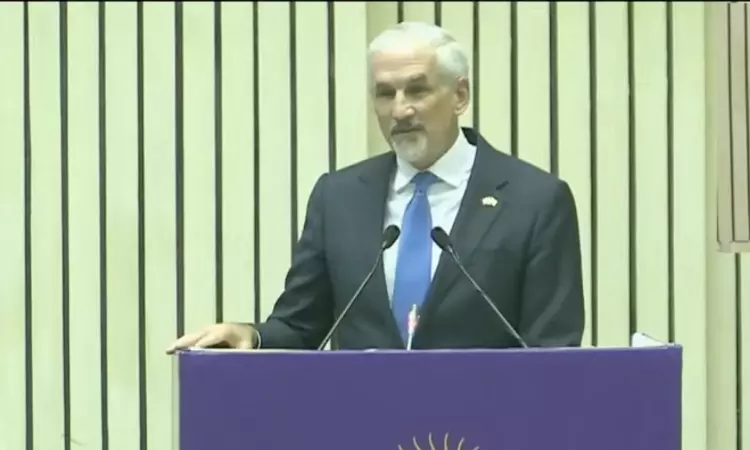The Indian Constitution reflects India's essential nature as a pluralist and tolerant society, said United Nations Resident Coordinator for India, Shombi Sharp, on Saturday. The United Nations representative was invited to speak at the Human Rights Day celebrations organised by the National Human Rights Commission. Also in attendance were the chief guest of the event, President Draupadi Murmu,...

